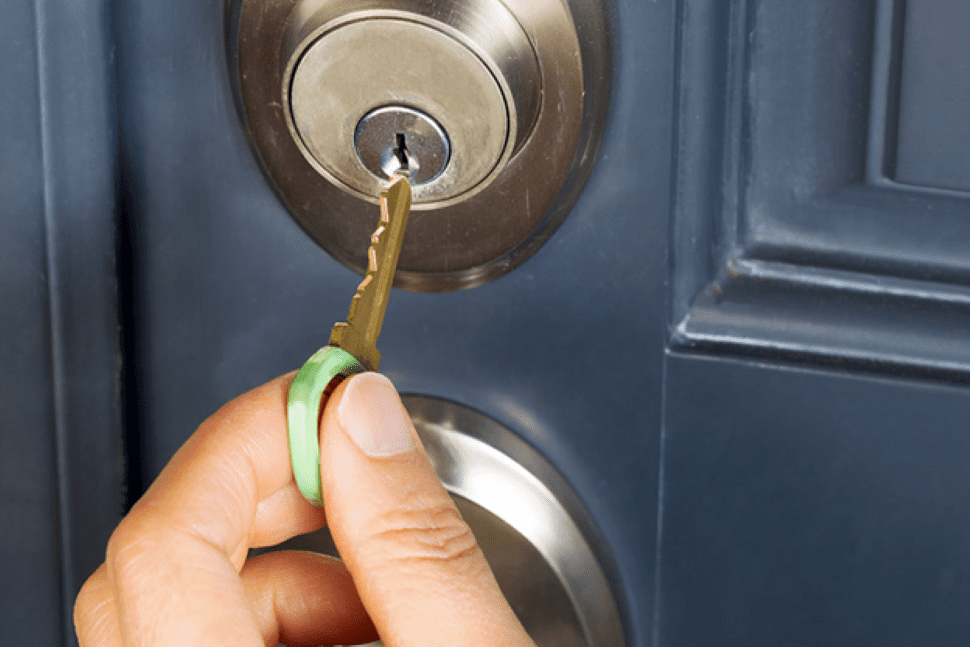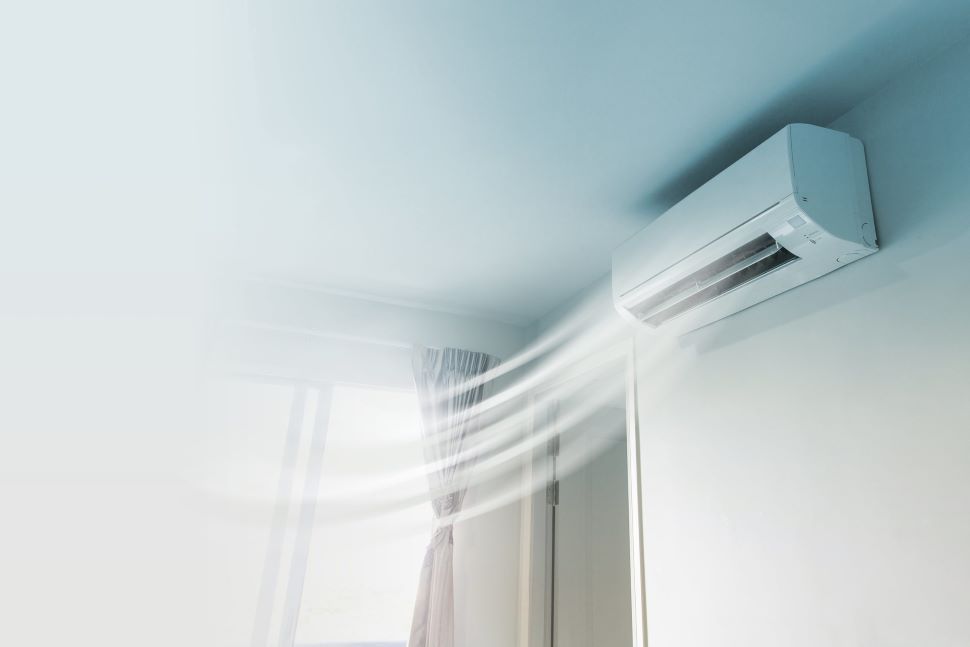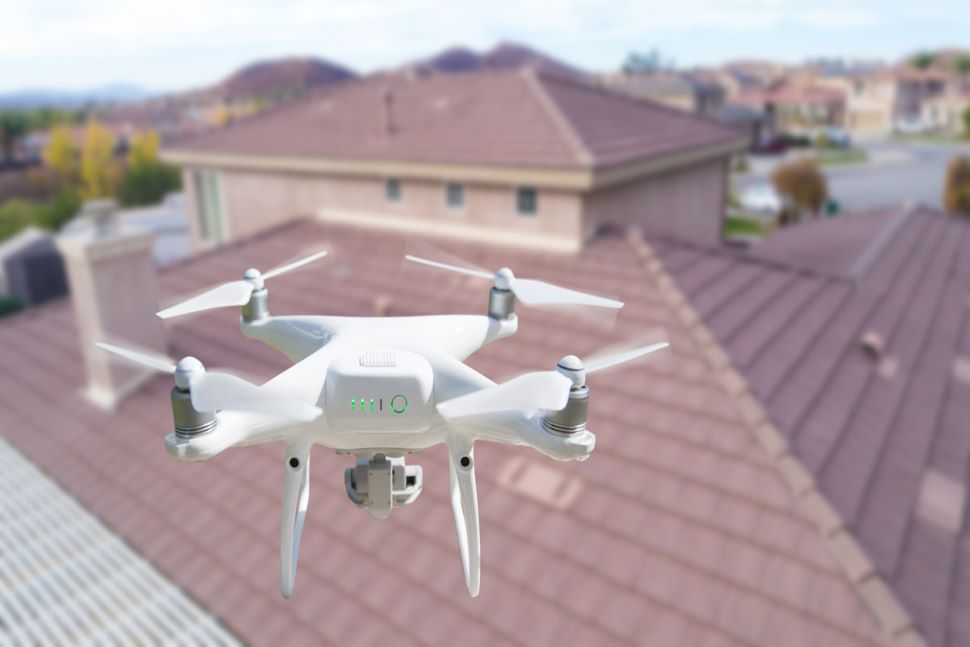
Preparing Your Home for Vacation
July 7, 2022
Summer Energy Savings
July 18, 2022Home insurance inspection
Preferred insurance carriers almost always require a home insurance inspection to obtain or renew a homeowners insurance policy. Preferred insurance companies are those companies offering the most comprehensive coverage at the lowest available rate; without the underwriting department conducting the necessary due diligence, it wouldn’t be possible to properly assess your risk. Home insurance inspections differ from a full home inspection you typically go through when buying a home. Full home inspections are much more in depth intended to assist the buyer with his or her final decision on whether to continue with the purchase. Home insurance inspections are intended to minimize obvious risk to the insurance company.
What is a home insurance inspection?
The insurance inspection could be as simple as a drive by to review the home’s exterior or as detailed as to require an interior visit; inspections typically take place shortly after your policy begins. Initial inspections are always conducted within the due diligence period allowed by the Department of Insurance within which the carrier may still withdraw by giving sufficient notice to the homeowner. Following the inspection, the carrier is allowed to make coverage changes as necessary to ensure that the property is sufficiently covered for the full reconstruction following a catastrophic loss. If an interior inspection is necessary, the inspector will concentrate on the electrical, plumbing, heating and safety/security systems.
When is an inspection required for homeowners insurance?
Home insurance inspections aren’t always necessary and are ordered at the insurance company’s discretion. For example, the inspection of a newly built home may be unnecessary; however, other situations may make an insurance inspection necessary, such as:
- You live in an older home
- Changing insurance companies
- The insurance company may wish to update some building characteristics
- Home hasn’t been inspected for a few years
How do you prepare for a home insurance inspection?
The insurance inspector may or may not give notice before arriving. If your home is in a gated community or considered high value (which requires an interior inspection), the inspector will give notice so you can let the inspector in. If you don’t cooperate with the process, the insurance company may cancel your policy for non-compliance of underwriting requirements.
Here are steps you can take in preparation for a homeowners insurance inspection:
- Basement: Look for cracks in the home foundation, and signs of mold, mildew, or water damage
- Attic: Check for water damage and indications of insects or rodents
- Roof: Remove debris, replace missing shingles, and examine chimney for cracks or missing bricks
- Gutters: Clean out waste and make sure all units are securely attached
- Doors and windows: Test locks on all doors and windows, and check that no seals are broken
- Walls and ceilings: Examine for any cracks, stains, and water damage
- Safety: Test all smoke and carbon monoxide detectors, and check expiration dates on fire extinguishers
- Systems: Inspect and correct any outstanding plumbing, electrical, and HVAC issues
What does a home insurance inspector look for?
In addition to the critical areas — electrical, plumbing, roof and structure, and HVAC — the inspector may also search for any potential red flags that might increase your chances of filing a claim. This also applies to inspectors who perform full buyer inspections. At the highest level, your home’s structure should be free of visible signs of damage, and any potential safety risks should be eliminated. The outside of your home is just as important as the structure itself. For instance, cracked steps or walkways could increase the chance of an injury on your property and a potential liability claim.
Typical details the home inspector may zero in on include:
- Water Damage
- Structural cracks
- Rot or decay
- Animal or insect infestation
- Mold or Mildew
- Inadequate ventilation
The inspector may also verify items that can earn you discounts on your home insurance policy such as a home security system or if you live in a secure, gated community.
What can I expect after my home insurance inspection?
Once your insurance inspection is complete, your insurer will evaluate the results and determine whether any changes to your home insurance policy are required. Insurance underwriting inspections will result in one of three outcomes: your insurer will continue your policy as is, modify it, or cancel it.
Can my home insurance rate change after an inspection?
Your rate may change after insurance inspection results are evaluated. You may see an increase in your rate if your insurer discovers additional liabilities that weren’t considered in the initial policy, home characteristics that differ from those listed on the application, or if the replacement value is higher than initially anticipated. On the other hand, if you made home improvements such as replacing a roof, your insurer may lower your rate.
Can my homeowners insurance be canceled after an inspection?
There’s the possibility your insurance could be canceled if significant issues crop up, such as a safety hazard or a roof that needs replacement. In many instances, your insurance provider will allow you to fix the outstanding problems within a specified period.
However, if you don’t provide proof that these issues have been remedied before the deadline, your insurer may decide to issue a notice of cancellation. That means your policy will be canceled on a specific date due to the outcome of your home insurance inspection.
What if my policy was canceled due to a failed inspection?
Being proactive before purchasing a homeowners insurance policy by knowing what to look for in a home inspection and addressing any potential issues up front can help avoid this. However, if your inspection fails, there are steps you can take to avoid having your policy lapse, such as making any repairs suggested by the inspector. It’s possible to apply for another home insurance policy after your insurer has sent you a notice of cancellation or non-renewal due to a failed homeowners insurance inspection.
Keep in mind that any new insurer will likely want to conduct a home insurance inspection of their own. The same issues that caused your policy to be canceled are apt to resurface, so it’s best to immediately address these problems.

